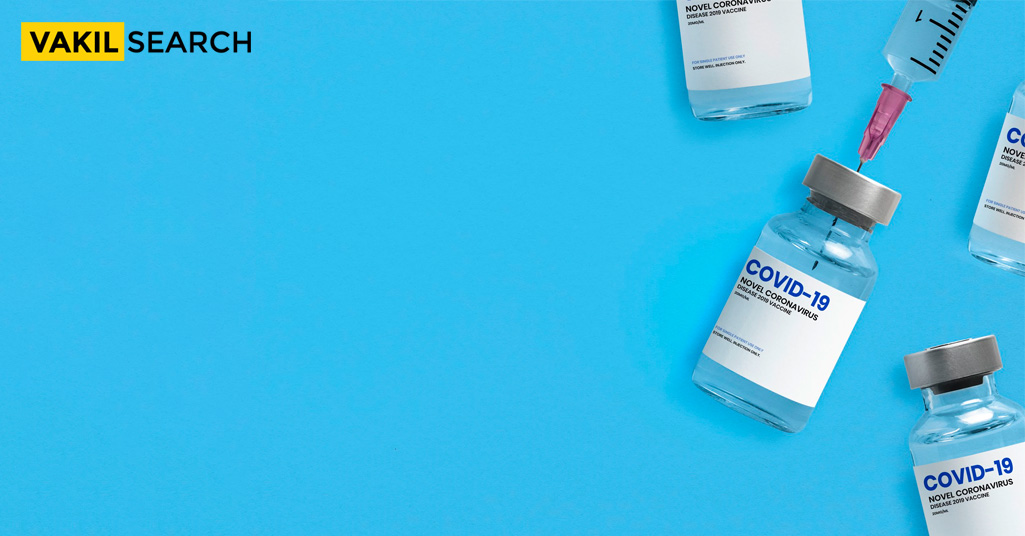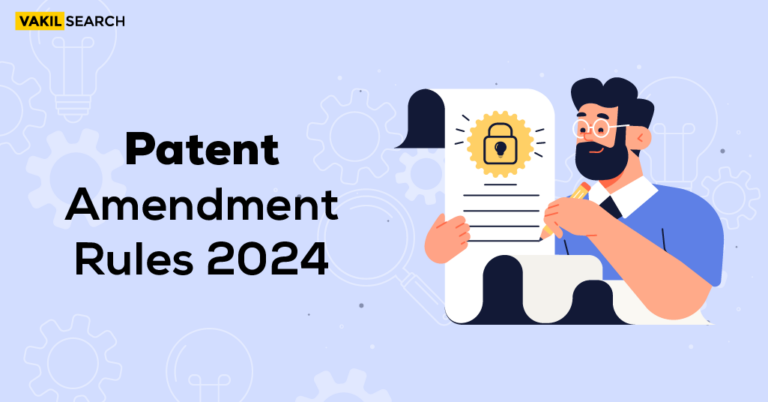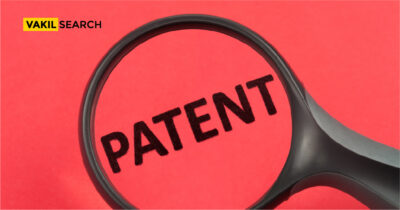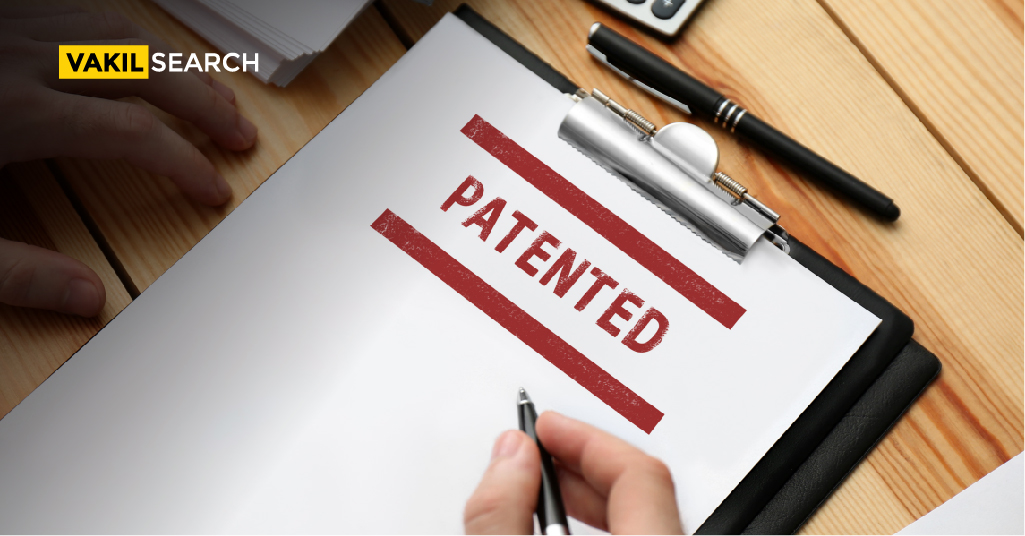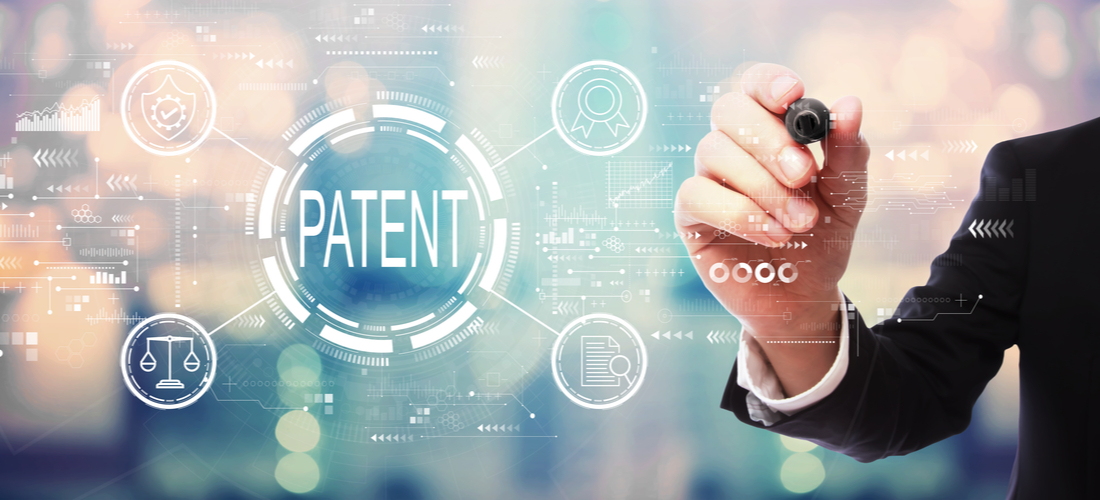In terms of public health organizations working worldwide, the MPP or the Medicines Patent Pool is one of the most prominent ones that is also working for the countries which are economically backward. Read to know more.
Access to COVID-19 Treatments and the Medicines Patent Pool
What is the Medicines Patent Pool all about? How to deal with the Covid-19 patent? Most people are unaware of several public health systems and organisations working worldwide. One of these is the Medicines Patent Pool or MPP, backed by the UN. One of this organisation’s primary functions is to help manufacture, develop and distribute life-saving medicines for financially-backwards countries of the world. It has partnerships with the society at large, the government, international bodies and organisations, patients, industrial experts and also other stakeholders, to create a single unified pool of experts and harness the advantage of intellectual property. COVID-19 Treatments and the Medicines Patent Pool
Till the present time, it has signed professional agreements with around 15 patent holders and has started working in the domains of antiretrovirals, HIV medicines, Hepatitis C antivirals that work fast in the human body, tuberculosis treatment drugs, two long technologies, two oral antiviral treatment procedures that are especially directed toward COVID-19, among which 12 are specifically directed toward COVID-19 patent technology. It has a huge list of those medicines that are most needed in the less-developed or underdeveloped countries. After this, there is the process of patent negotiation, where the pharma company innovators and patent holders come into the scene and there is huge bidding with the companies manufacturing generic medicines.
Charles Gore is the Executive Director of MPP, and he has pointed out one part of the working procedure that they give licenses to many companies at a time, which in turn becomes the breeding ground for competition. When any pharma company is entitled to give a license, then the license goes to a single generic medicine company, and then there is not much price reduction. It is all about dealing with the license related to public health, and sustainable outcomes that allow people to have access to life-saving medicines.
As the COVID-19 started, the company tried to channel its goal that all the people under all types of income groups should have equitable and fair access to the pandemic treatment, as this was a huge worldwide threat that exacerbated the critical situation. Around 2020, MPP gave a declaration that it would extend its intellect, knowledge and support for COVID-19 treatment with the help of a voluntary license process to be made active in those countries that have low- and middle-income ratios.
After this, on the 31st of March 2020, there was a mandate expansion, that tried to include any type of health technology that would try to eradicate or deal with COVID-19 and licensing here meant more access to more people and a whole new trend of innovation in the pharmaceutical sector.
Why Does It Matter to Patent the Access to COVID -19 Treatments and Medicines Patent Pool?
It really matters in terms of COVID-19 patent if we consider the working of the medicines patent pool and how it has been beneficial and working toward eradicating the global crisis:
- Last month, the World Health Organization and MPP made a declaration of two fresh agreements made with NIH for enhancing and integrating patents on better COVID-19 technologies.
- Around March this year, there were 36 generic medicine manufacturers who undertook an agreement with MPP and agreed to produce the generic segments of Pfizer’s oral COVID-19 treatment plan. There was also the declaration by WHO about the importance of making a biomanufacturing training unit in the underdeveloped regions of South Africa.
- In February this year, it is noteworthy how Afrigen became an agreement partner with MPP to create a new kind of technology for accelerating the growth of COVID-19 mRNA vaccines.
- Some of the other achievements included how Pfizer and MPP went through a license agreement to enhance the condition of the global regions with Pfizer’s oral pandemic treatment medication.
- MPP and MSD also had a voluntary licensing agreement signed between them that talked about how the medicine Molnupiravir can be made more accessible and affordable in around 105 countries falling under the category of very low and middle income.
- The PAHO or the Pan American Health Organization also made an announcement that the selection of two different platforms in Argentina and Brazil were responsible for mRNA vaccines in Latin America. MPP wanted to extend its wholehearted participation for this cause.
- Also, around June 8, 2021, MPP took the initiative to come up with VaxPal, a new kind of all-inclusive patient data collection that was needed to materialise the utility of the COVID-19 vaccines
How IP Makes it Possible
While discussing the COVID-19 patent, there are many factors that are to be kept in mind: what is the utility of the patent, what about the probable competition, which industrial sectors it can contribute to, there is also the need for competition, which can be some of the frauds that can happen. Since the inception of the global pandemic and even when the pandemic was at its worst phase, MPP had a major role to play in diversifying all types of access to life-saving medicines, and it recognised the technical and medical finesse of experts from the medical field.
MPP always tried to make it possible for patients from those countries who did not have much income but needed life-saving COVID-19 medicines. In terms of licensing, the brand received unbelievable support from Japan, the UK, Norway, and France and every day it is bent on making the production of pandemic vaccines and ways of treatment available to maximum people of the world.
The COVID-19 patent issue has also made MPP discuss major license transference and agreements regarding that, the availability of medicines and vaccines to COVID-19 patients. There is a part called the alliance management due to which MPP is now ready to support WHO, WTO and many other manufacturers and pharmaceutical companies. The decision that MPP has taken in terms of public health has been considered to be extremely flexible and transparent.
Challenges in Accessing Treatments: Bridging the Healthcare Gap
In numerous developing countries across the globe, a troubling reality persists – access to essential, life-saving medicines remains far from affordable.
The aspiration to achieve Sustainable Development Goal 3, which focuses on “Ensuring healthy lives and promoting well-being for all, at all ages,” hinges on the affordability of essential medications.
Patents, designed to incentivize innovation, sometimes inadvertently lead to substantial disparities in ensuring access to quality, suitable, cost-effective, safe, and efficient medications and technologies.
This issue is particularly heightened in nations with limited resources.
What is the MPP? Revolutionizing Medicinal Accessibility
Enter the Medicines Patent Pool (MPP), an internationally recognized organization backed by Unitaid, established in July 2010 and headquartered in Geneva, Switzerland. Driven by a public health-oriented business model, the MPP has a profound mission: to drive down the costs of medicines for HIV, tuberculosis, and hepatitis C.
How does it achieve this?
Through voluntary licensing and patent pooling, the MPP endeavours to not only make these critical medications more affordable but also to stimulate the development of improved HIV treatments that better align with the needs of patients.
This initiative is dedicated to enhancing access to affordable and suitable medicines for HIV, hepatitis C, and tuberculosis in low- and middle-income countries (LMICs).
An additional feather in its cap is that, in May 2020, the MPP became a key partner in the WHO’s Covid-19 Technology Access Pool (C-TAP), reinforcing its commitment to equitable healthcare for all.
Click Now: Patent Registration
Conclusion
COVID-19 patent has multiple consequences and results in terms of boosting human health all over the world. The working of the Medicines Patent Pool is no less praiseworthy in this regard. It worked not just as part of the Geneva convention, but also worked in Rome as part of the Global Health Summit in taking necessary steps toward ascertaining better health facilities and helping people recover from Covid.
FAQs
What is the medicine patent pool?
The Medicines Patent Pool is a pioneering entity that collaborates with pharmaceutical companies to make life-saving medicines more affordable and accessible, particularly in low- and middle-income countries.
What are patent pools examples?
Patent pools are innovative agreements that facilitate the sharing of intellectual property rights related to specific technologies or products. The MPP is a well-known example.
Where is the Medicines Patent Pool?
The Medicines Patent Pool is based in Geneva, Switzerland, and operates on a global scale to bridge the gap in medicinal access.
What is an example of a patent medicine?
A patent medicine refers to a proprietary medication protected by a patent. For instance, some medicines used to treat critical diseases like HIV, tuberculosis, and hepatitis C used to fall under this category.
Also, Read:


